Magic is a staple element in fantasy, and it’s also an important feature in Lovecraft’s stories where incantations are used to summon the gods. For a while, I was at a loss about what to do with it. I’ve read a lot about the subject. It fascinates me as all belief systems do. At first, I was extremely reluctant to let magic play an important role in the story. I was worried that using magic would seem to contradict one of the important underlying tenets of the story, which is that the answer to most major challenges facing mankind is to be found in science and not in irrational beliefs. As the story evolved though, I understood that science in itself couldn’t be expected to deal with a being that can bend the laws of physics at will.
The longer I thought about the problem, the more it became clear to me that Lovecraft’s dreamlands held the key. When I first read The Dream-Quest of Unknown Kadath as a teenager, I wasn’t too impressed. It seemed overly descriptive and slow-moving. Rereading the story, I found there was much to love — especially Randolph Carter’s fateful confrontation with Nyarlathotep set me thinking. As a consequence, I turned the dreamlands into one of the story’s most important battlegrounds.
The Dream Whisperer uses the dreamlands to infiltrate people’s minds in their dreams and turn them into his agents of chaos. In the novel, the dreamlands became a metaphor for the kind of irrational human behaviour we watch every evening on the news — a behaviour that results from an all-too-willing belief in conspiracy theories and politicians’ divisive lies. The dreamlands are a place where the laws of physics are different from those on Earth. They became both the Dream Whisperer’s bulwark and his main vulnerability.
As dreamland rules differ from Earth’s, science-as-we-know-it breaks down. The magic in Dream Whisperer became the method of choice to exploit these different rules. In the dreamlands, magic turns into science — of a sort. I also took into consideration Arthur Clarke’s third law: any sufficiently advanced technology is indistinguishable from magic.
I had to introduce a new character because the existing protagonists didn’t have any magical qualifications at all. Enter Morris Selman Wheeling (more about him later). His speciality is sigil-based chaos magick. Basically, it comes down to a type of magic where the magician can entirely make up his own rules. The sigil is a device akin to a memory palace; the magician’s imagination does the rest. It’s tempting to believe that imagination — or storytelling if you want — has the means to impact reality. I can’t give too much away here, not wanting to spoil your fun reading the book. Let it be noted that I’m not a chaos magician myself. I like reading about it, but that’s where I draw the line.
If you’re interested in that kind of thing, there’s a lot of weird and wonderful literature on the subject. Comics fans will be familiar with Alan Moore and Grant Morrison. They openly manifest themselves as practising magicians, and their ideas can be found in their writings, of course. Moore expressed them in the beautifully drawn Promethea; Morrisson did the same in his book Supergods and his comic The Invisibles.
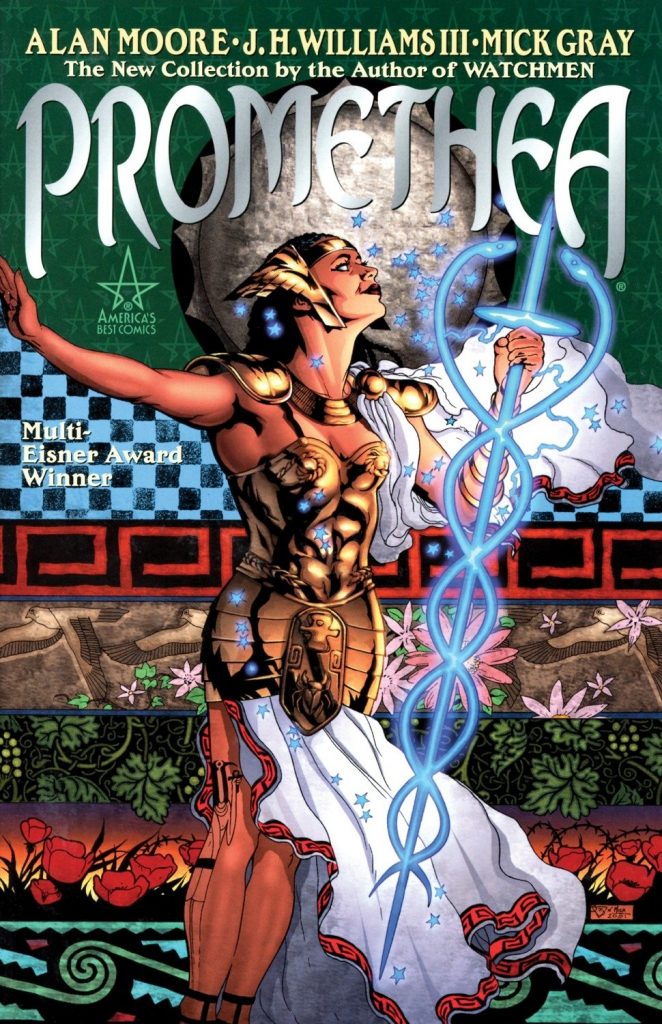
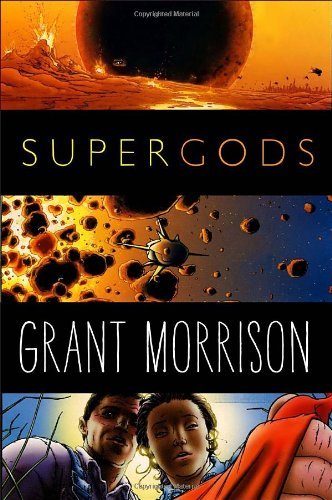

As a source for a more academic and historical approach of the occult, I can recommend the works of the late historian and university professor Dame Frances Yates. They don’t teach magic but show the importance of magical thinking in history, more specifically during the Renaissance. I know Yates’s writings have come under criticism by later experts in the field, who reproach her to advance statements that aren’t sufficiently underpinned by historical data. It’s the fate of most scholarly texts, I guess, and that’s a good thing. I have the firm intention to read Yates’s main critics — Wouter Hanegraaff and Antoine Faivre — but I haven’t come around to it yet. My pile of books-yet-to-read is somewhat daunting.
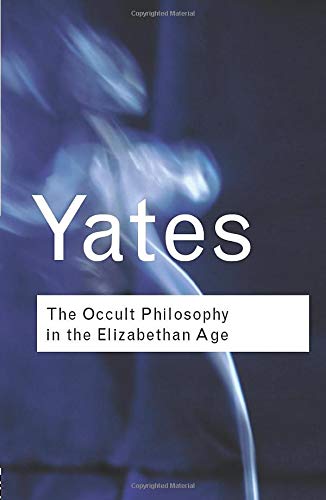
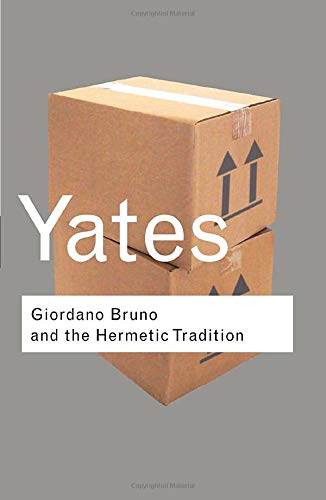
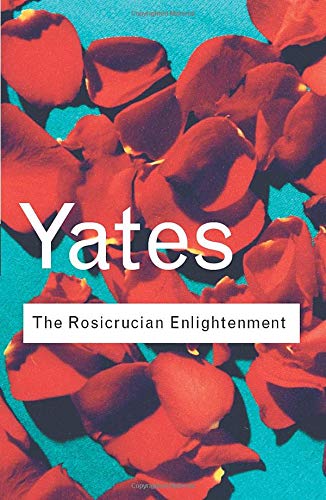
My take on esotericism — which is a somewhat broader concept of which magic is an element — is that I don’t believe in it. However, for centuries, it has been such an important part of wide-spread belief systems that I’m convinced one needs to study both religion (obviously) and esoteric philosophy to have a deeper understanding of the undercurrents in history.